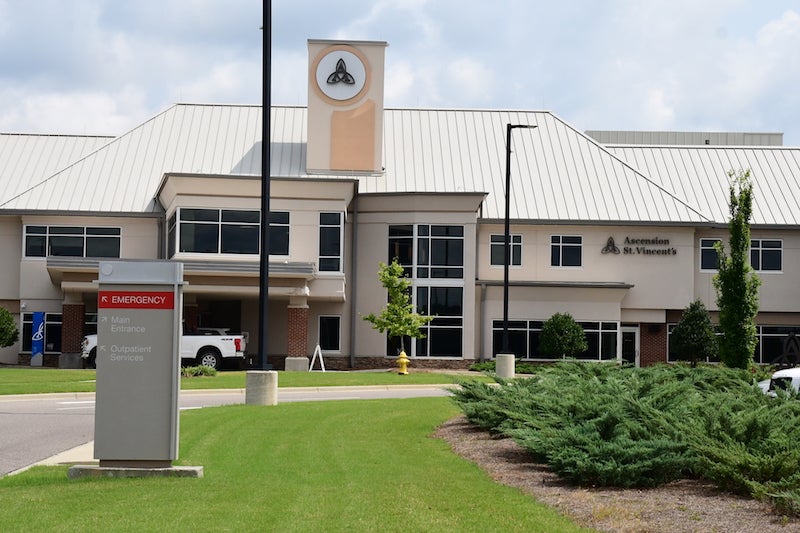Ascension St. Vincent’s Chilton celebrates Rural Health Day
Published 4:37 pm Wednesday, November 17, 2021
|
Getting your Trinity Audio player ready...
|
From Ascension St. Vincent’s Chilton
Ascension St. Vincent’s Chilton is celebrating National Rural Health Day on Nov. 18, with hospitals and other healthcare providers across the state and nation. This year’s theme of resiliency, resolve, readiness and relationships highlights the critical role rural hospitals play not only in times of crisis, such as the pandemic, but every day in their communities.
“Our associates take pride in caring for our community,” Shanon Hamilton, Ascension St. Vincent’s Chilton administrator, said. “This dedication to caring is what has helped us achieve the highest patient safety and patient satisfaction scores in the state of Alabama. This demonstrates that the quality of care provided is not dependent on the size of the facility. We offer care that is nationally recognized as being excellent, right here in your hometown,” Hamilton said.
Rural hospitals comprise about half of the hospitals in Alabama and provide care to two million citizens annually.
“At Ascension St. Vincent’s Chilton, we treat almost 1,000 inpatients each year and 20,000 patients through our emergency department and outpatient clinics each year,” said Hamilton. “In addition, we are a major employer, providing 175 full and part time jobs.”
In addition to the healthcare services and employment benefits, the hospital is a huge economic engine in the local area. For every $1 spent by the hospital, another $2.20 is generated. This produces a multi-million dollar economic impact to Chilton County annually.
“While rural hospitals have always been critical components of the healthcare infrastructure and of local economies, their importance has never been more evident than with COVID-19,” said Don Williamson, MD, president of the Alabama Hospital Association. “The pandemic required all hospitals, rural and urban alike, working together to care for patients. While some patients may have required transfers, many were able to be treated in their local, rural hospital. Please join me this week in celebrating the essential value of rural hospitals and healthcare.”







